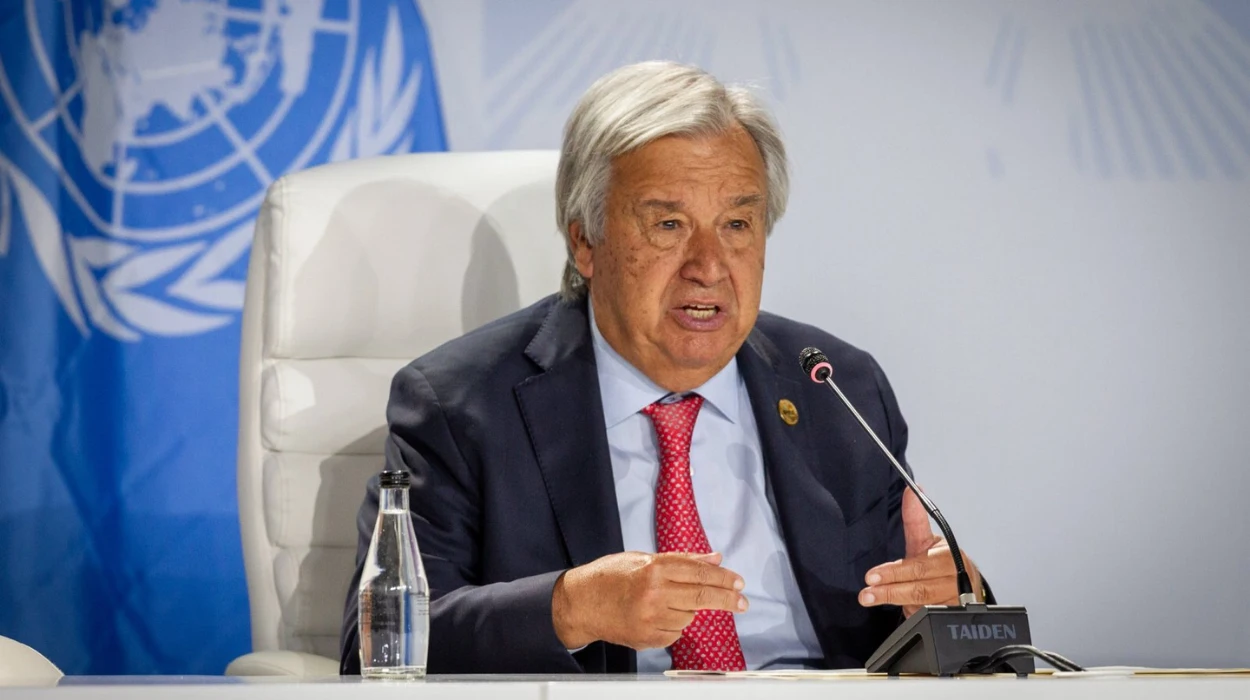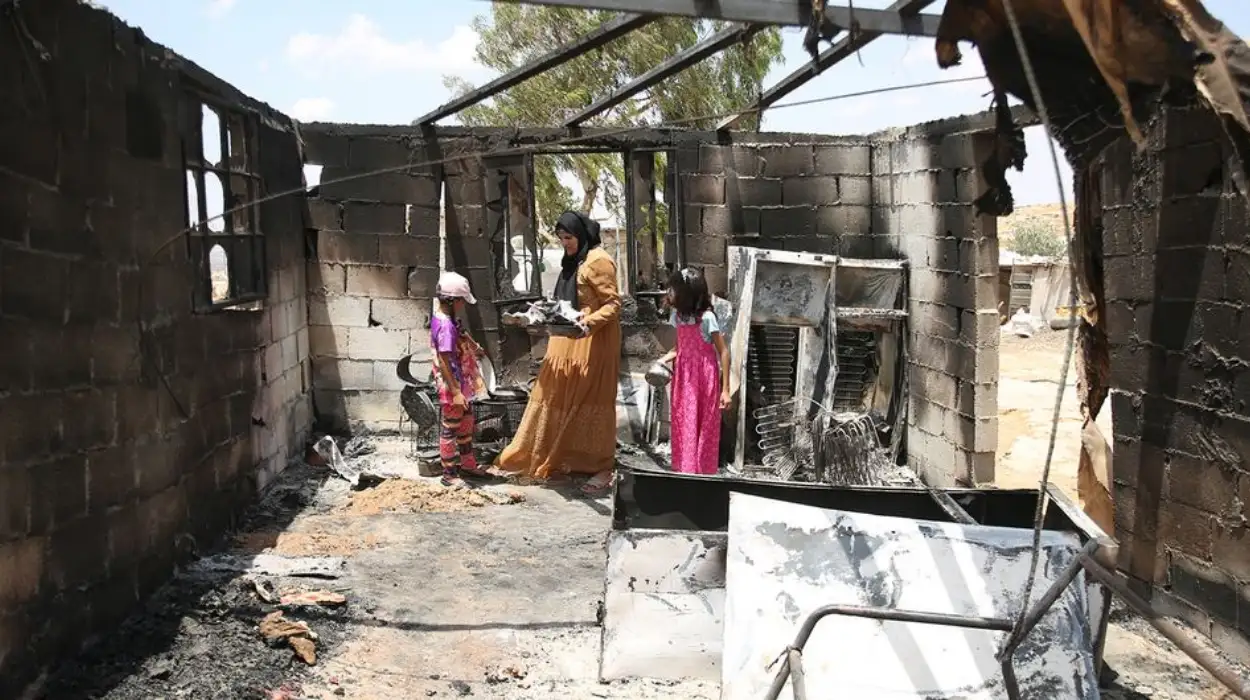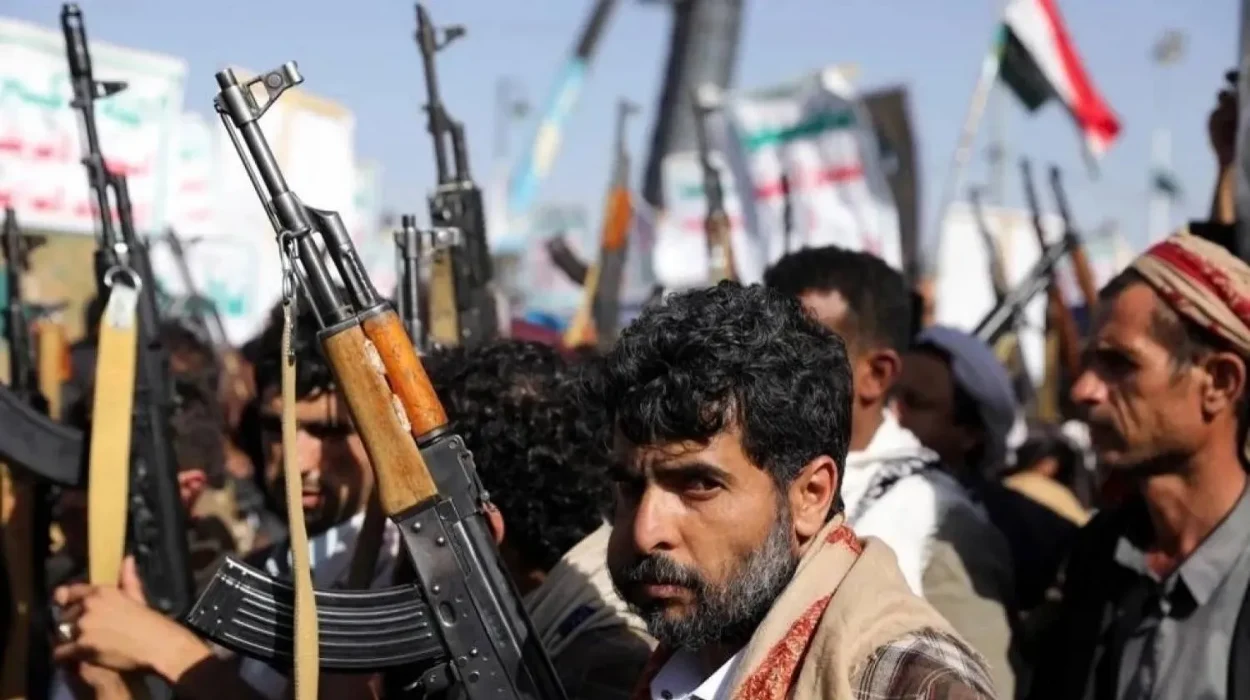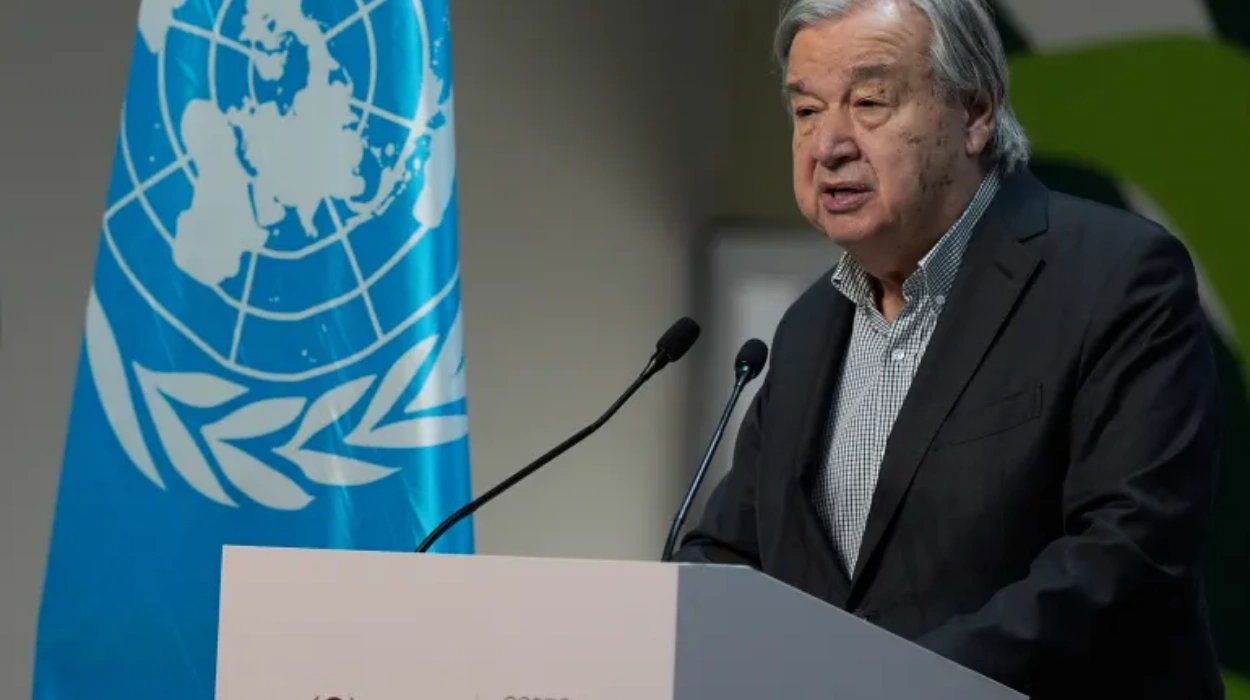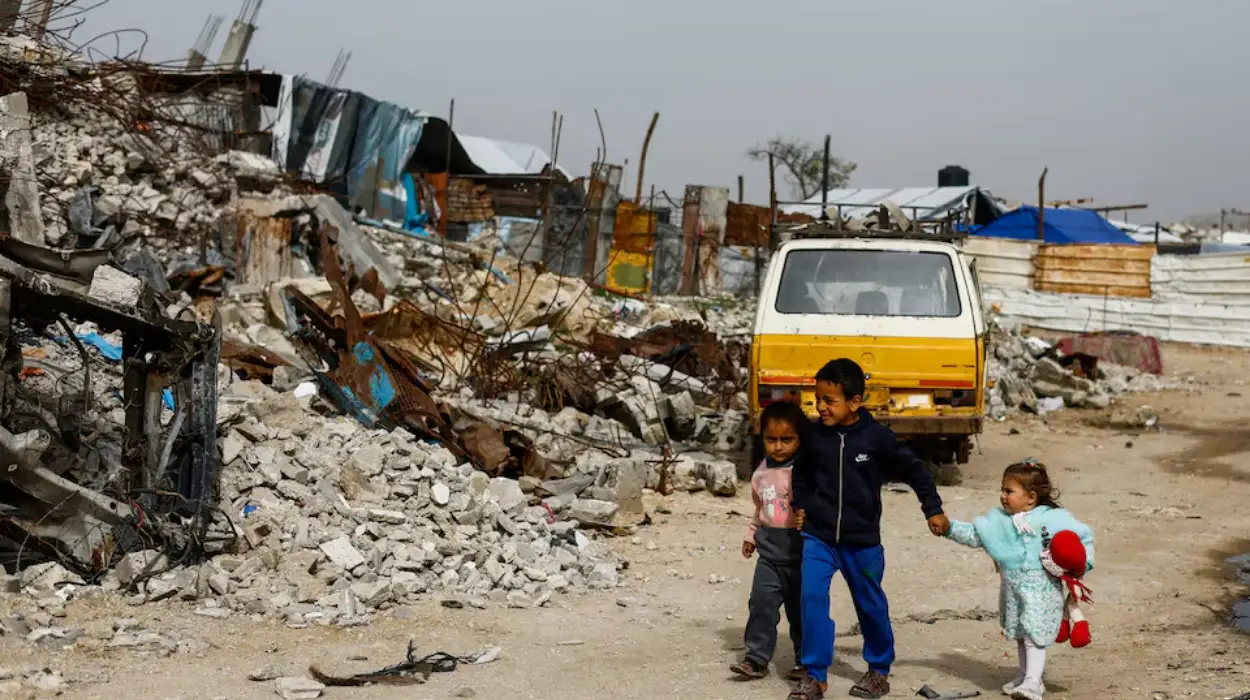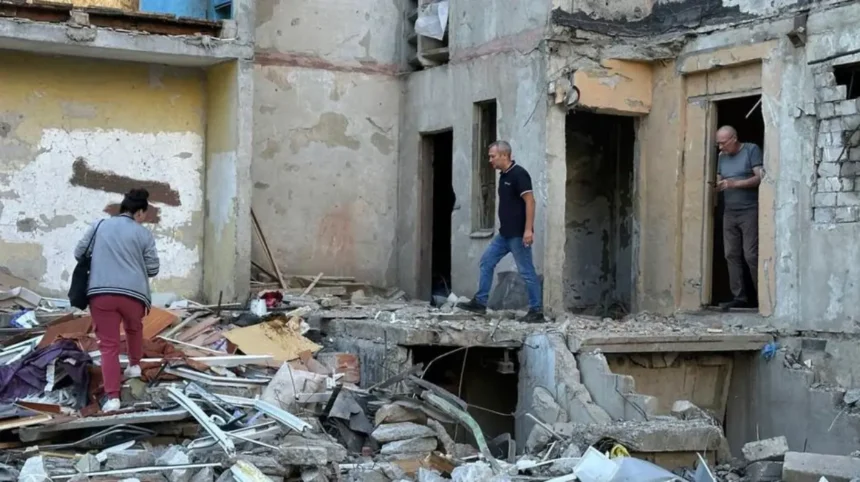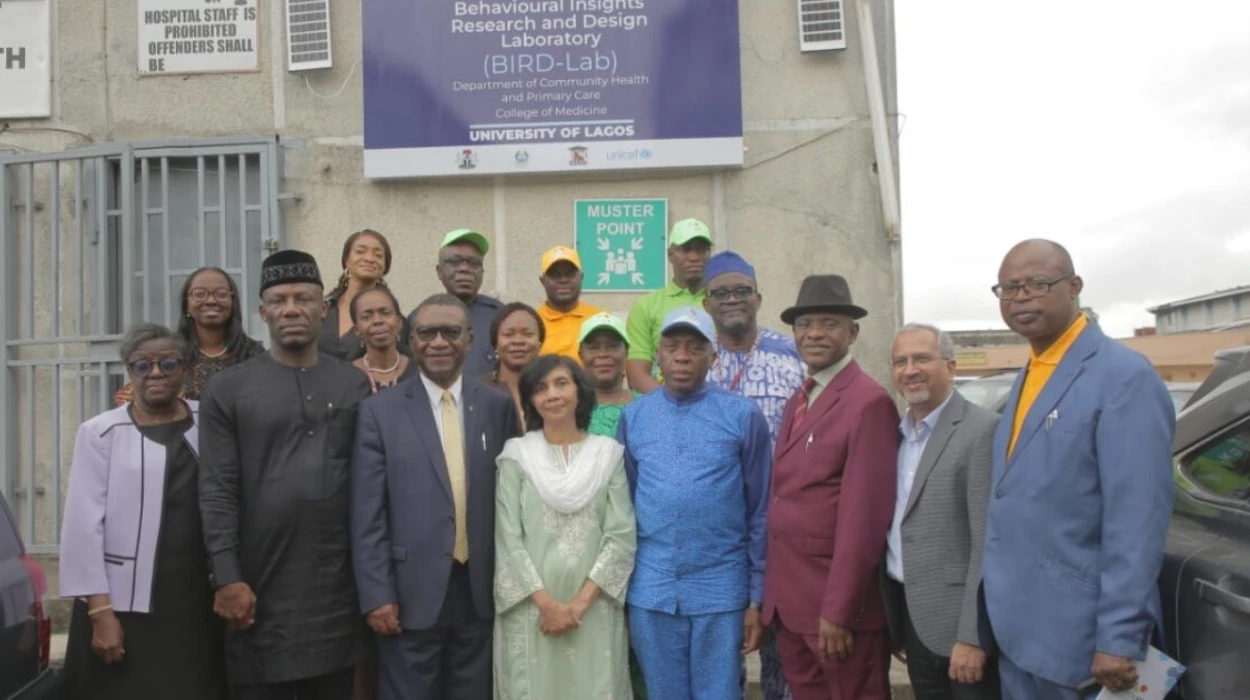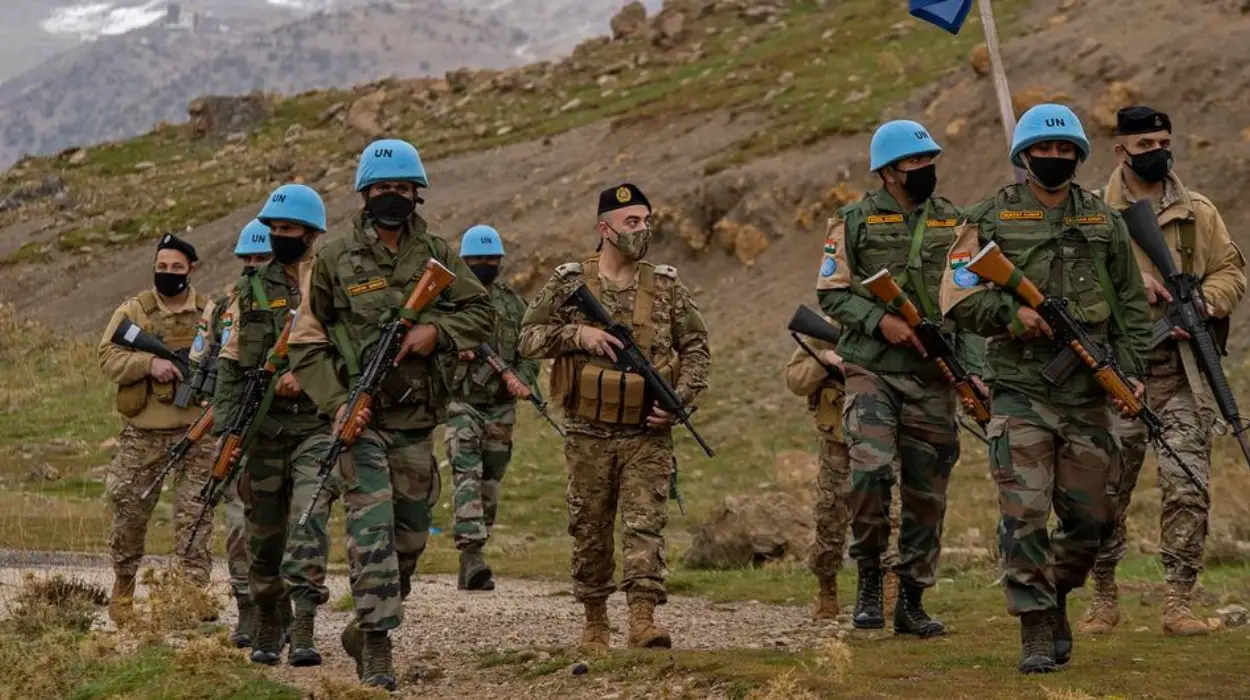The United Nations Security Council was stuck in an old problem: how to respond to the Russian invasion of Ukraine without further opening up geopolitical divides. The Council is under enormous pressure for doing nothing, particularly while Russian troops escalate attacks against Ukrainian infrastructure, electricity grids and border towns. On February 24, 2025, by Resolution 2774, it was unanimously decided to mark the third anniversary of the invasion. But the scrupulously nongermane phrasing of the resolution conceals a broader diplomatic sclerosis.
While the resolution “calls upon” the stoppage of hostilities and negotiations, it does not contain in its phrasing mention of the sovereignty of Ukraine and the border incursions that are the basis of the conflict. The omission of strong language on territorial integrity indicates the difficulty in this chamber of consensus-building when sectarianized by competing national interests and threats of veto.
Diplomatic stalemates and ambiguities
Resolution 2774 was adopted by 10 votes to five abstentions, including from influential NATO members France, the United Kingdom, and Denmark. Their abstention, based on the argument that the legal terms of the resolution were too imprecise, suggests a wider collapse of concerted diplomacy. While no Council member voted against it, the lack of clear language or enforcement mechanisms restricts its probable effect.
Specialists believe the resolution was written less to deliver tangible consequences and more to preserve the Council’s symbolic power. Through the use of soft language like “aggressor” would not, by choosing not to use it, it spares confrontation at the cost of objectivity. Also expressed in the vote’s outcome is the growing fatigue and disunity in the international community over how to respond to Russia’s continuing military incursions.
Geopolitical fissures hinder conflict resolution
Western abstentions reflect a changing disillusionment with the UN’s ability to influence events. Other non-participants, on the other hand, stressed the importance of continuing open dialogue with Russia. The tension between deterrence and diplomacy, between moral responsibility and strategic pragmatism, is at the structural center of the problem. The war is now in its fourth year and meaningful progress is on the brink of tumbling off the institutional cradle.
Humanitarian consequences amid military escalation
Since the start of the full-scale invasion of Russia in February 2022, the United Nations estimates place the number of deaths in Russia at more than 750,000 and the number of internally displaced persons at more than 11 million. During the first eight months of 2025, more than 15,000 new victims have been recorded, most of whom were from bombardment of residential areas in Dnipro, Kharkiv and Mykolaiv. Ukrainian rescue services are still working under threat and critical infrastructure is being targeted in a deliberate and increasingly precise way.
Last month, UN assistant secretary-general Miroslav Jenca told a closed meeting of the Security Council that the violence is “closing the window of opportunity for dialogue” and that the prospects of “diplomatic avenues” making it through the year are “diminishing by the day.” The destruction of humanitarian enclaves and an increase in civilian casualties do nothing to lend credibility to ceasefire talks.
Infrastructure and aid disruption
The conflict’s newest front has seen Russia escalating attacks on Ukraine’s power grid, causing outages to at least 40% of the eastern provinces. Humanitarian organizations report rising logistics challenges in delivering food and medical aid. The World Food Programme office in Kyiv reported last month that aid convoys had been hindered or halted due to airstrikes in Zaporizhzhia and Sumy.
While winter approaches, stress on the displaced and life-saving infrastructure might become a catastrophe without scaled global assistance. But finances for aid remain under pressure across the globe with new emergencies in the Sahel and Gaza competing for shrinking budgets.
The role of third-party supporters and diplomatic leverage
The United States and European Union persist in attributing Russia’s war-making potential to foreign support by state and non-state actors, citing sanctions-busting and arms acquisitions through networks in Central Asia and the Middle East. U.S. Ambassador Linda Thomas-Greenfield emphasized shutting down the channels in a Security Council briefing, noting that “continued international indifference to this supply chain will cost more lives.”
But with all these statements, there is not much progress on new Security Council sanctions, thanks in large part to Russian and Chinese opposition. Consequently, enforcement of global norms depends on disparate coalitions instead of collective global mechanisms.
Russia’s framing of the conflict
Russian authorities argue that their military involvement is one of defense, meant to safeguard their country’s security against NATO’s attack. Moscow never accepted UN talks as symbolic or skewed. At a May press conference, Russia’s UN Ambassador Vasily Nebenzya accused Western countries of using humanitarian rhetoric to “justify military interference” and said sanctions have become “means of economic warfare, not diplomacy.”
This rhetorical divide complements the polarisation of the war and renders it harder to conceive of realistic expectations of compromise. The diplomatic process remains fragmented, with parallel talks outside the UN gaining greater significance than Council resolutions.
The UN’s existential challenge: mediator or perpetual bystander?
The UN Security Council’s structure based on post-WWII bipolar politics—has once again proven itself inappropriate to contemporary multipolar conflict. With vetoes cast by permanent members in the interest of national defense, the Council struggles to fulfill its founding mission: international peace and security. The UN’s inability to intimidate action on Ukraine reflects broader questions about its legitimacy and effectiveness in managing crises.
This author has contributed to the issue, appealing to the reality that the UN must reconcile its normative ambitions with the cruel imperatives of geopolitical conflicts to reestablish its relevance as a custodian of peace:
Stubb: I doubt we'll see a ceasefire before summer ends, there's no momentum. Thousands die weekly, and Russia keeps targeting civilians.
After NATO summit I felt hopeful long-term, but not about an immediate end. This war may grind on. 2/ pic.twitter.com/JrK6fbuvVY
— Tymofiy Mylovanov (@Mylovanov) July 12, 2025Unless structural reform is undertaken, the UN stands to function as a bystander, capable only of warning and passing symbolic resolutions. In Ukraine, no different than in Syria or Yemen, its intermediary role has increasingly been turnkey, constrained by realities of realpolitik and not propelled by imperatives of human rights.
Between protection and prolongation
Several commentators now warn that inaction by the UN will tacitly prolong the war by providing space for power disparities to simmer. With legally binding action out of the question, the Security Council risks being a forum for rhetorical bluffing rather than a tool of peace. With military developments outpacing diplomatic ones, civilians suffer the cost of delay and gridlock.
Without a valid enforcement policy or a unified diplomatic guide, continued reliance by the UN on non-binding calls would invite aggression. The international community’s reluctance to address veto dynamics threatens not merely the Ukraine conflict but the international peacekeeping architecture as a whole.
The evolution of the Ukraine crisis raises pressing questions for the future of international institutions as relevant tools for dealing with high-stakes conflict. If the Security Council is unable to reform its power structure to adapt to the requirements of the 21st century, it will be paralyzed by 21st-century war. As Russian forces advance farther and winter looms, the price of delay continues to grow not just for Ukraine, but the legitimacy of the new world order of its postwar system.


